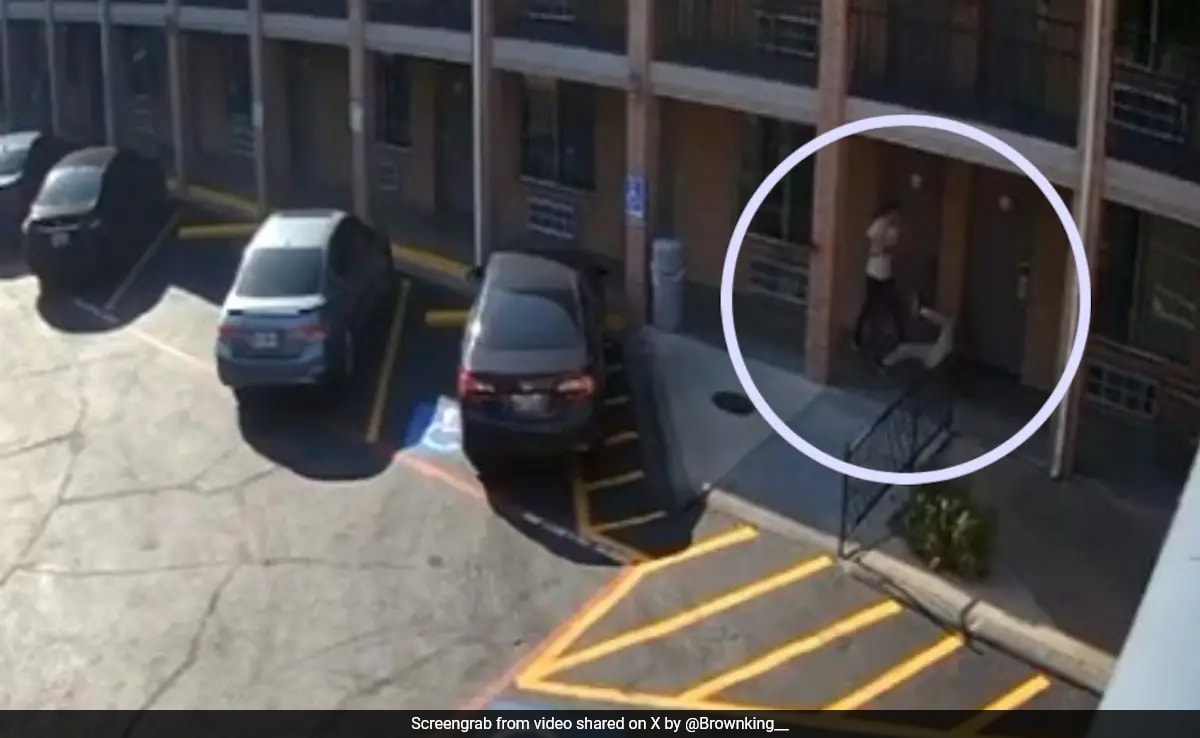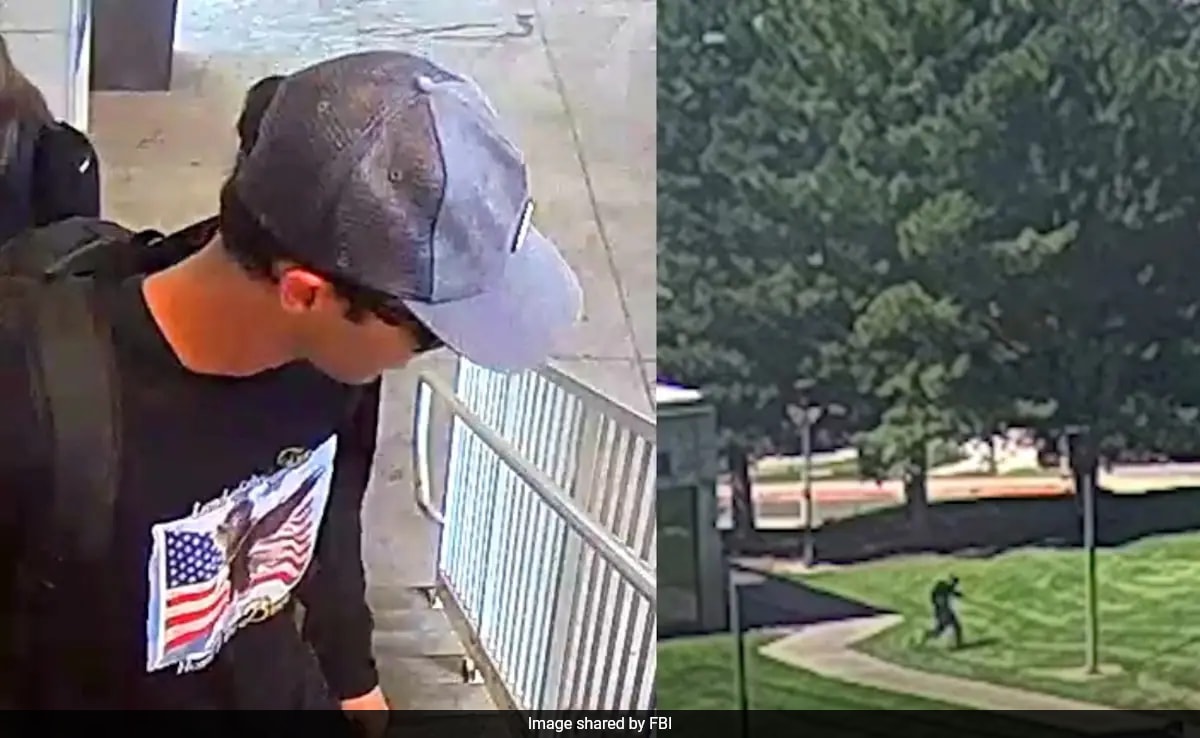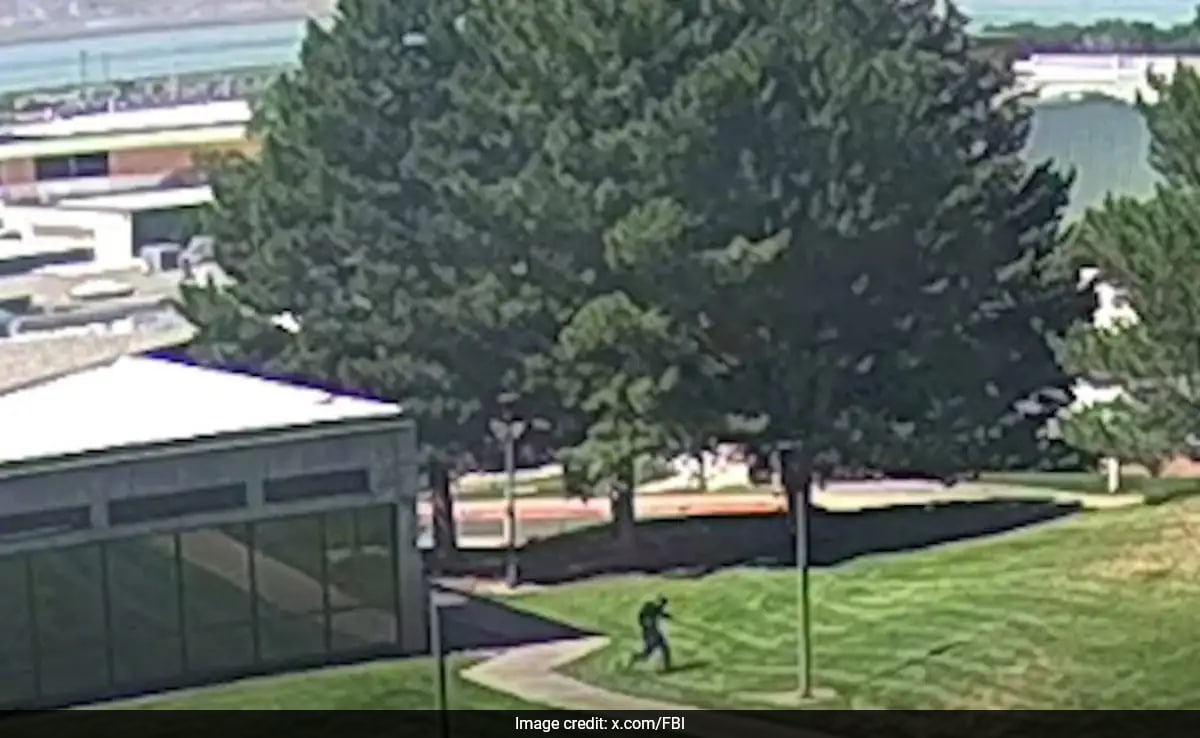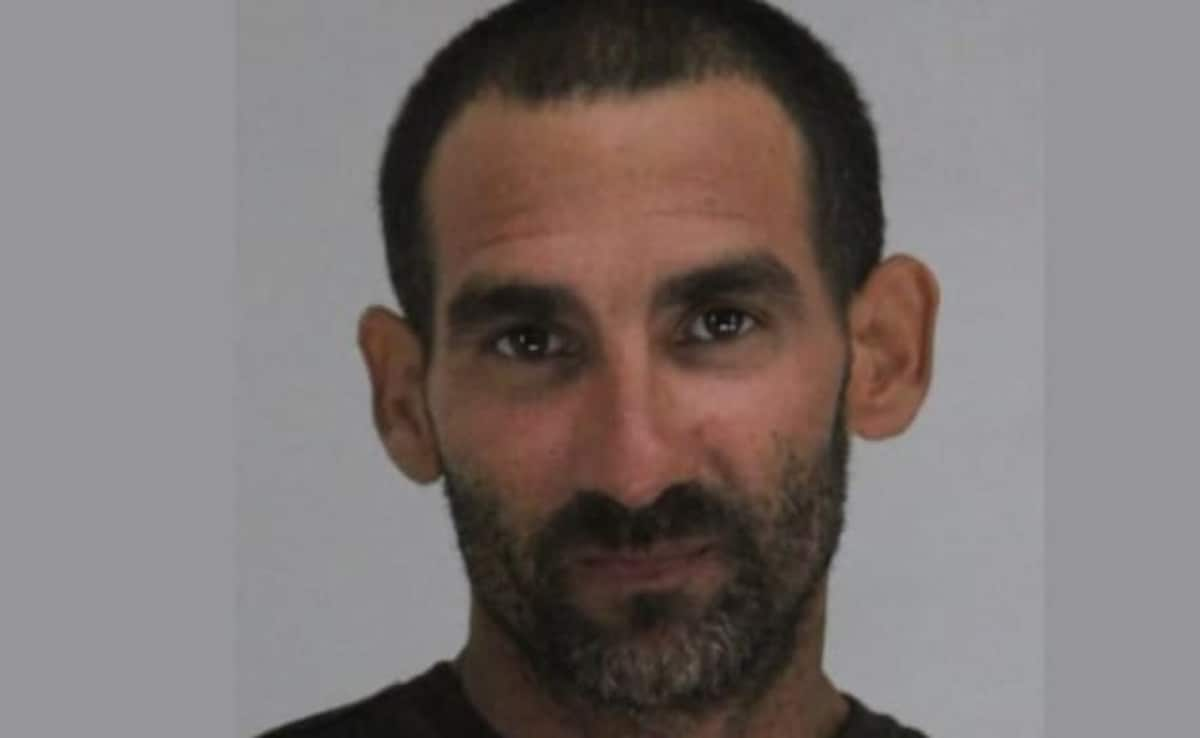âI will drastically strengthen our defense capabilities. The Kishida administration is determined to protect our land, territorial sea and air space as well as the peopleâs lives and assets no matter what,â Kishida said, after he had returned to Tokyo.
Kishida was informed of the missile launch after his campaignâs opening speech in Fukushima, whose nuclear plant suffered a triple meltdown after the town was hit by an earthquake and tsunami in 2011. After another speech in the nearby city of Sendai, he canceled the remainder of his itinerary in the region.
Kishida became prime minister in early October shortly after winning his conservative partyâs leadership contest. He dissolved last Friday the lower house of Japanâs two-chamber Diet and called national elections, saying he would seek a mandate from the public for his new government.
Kishida said he aims to win the majority of the 465-seat chamber between his Liberal Democratic Party and its junior partner, the Komeito. A total of 1,051 candidates are running, including only 186 women, or 17.7% of the total.
At stake are COVID-19 measures and revitalizing the pandemic-battered economy, as well as diplomatic and security issues amid the rise of China and growing security risks including North Koreaâs missile and nuclear threats.
In roughly two weeks in power, Kishidaâs government has seen its support ratings slide to 46%, down by 3 points from a week earlier. Thatâs according to NHK public televisionâs Oct. 15-17 telephone survey of 2,943 respondents.
The survey, which did not provide a margin of error, also showed support for Kishidaâs ruling party had dipped to 38.8% from 41.2%.
Kishida said his government plans to focus on tackling the pandemic and support policies to narrow the gap between the rich and poor in the economy.
âThis election is about your choice of Japanâs future,â he said in his Fukushima speech on Tuesday.
Responding to North Korean missile launches, Kishida said he had instructed his government to consider all options, including allowing Japanese forces to acquire pre-emptive strike capability. Critics say this policy would violate Japanâs war-renouncing Constitution that limits the use of force strictly to self-defense.
Opposition parties have criticized the ruling Liberal Democratic Party under its two previous leaders â former prime ministers Shinzo Abe and Yoshihide Suga â for worsening social and economic disparities in Japan, and have called for a change of leadership.
Yukio Edano, head of the largest opposition group, the Constitutional Democratic Party of Japan, said only major companies prospered under the LDP rule, and criticized the governmentâs handling of the coronavirus outbreak as slow and ineffective.
His party and several other smaller opposition groups have formed a united front to back mutual candidates to increase the chances of winning in small constituencies.
Kishidaâs LDP has ruled postwar Japan almost uninterruptedly, while opposition forces have struggled to rally voter support, especially in the last decade.
Support ratings for Edanoâs party is much lower than the LDP at 6.6%, while 36.2% of the respondents said they are undecided.
.png)











 English (United States) ·
English (United States) ·  Turkish (Turkey) ·
Turkish (Turkey) ·